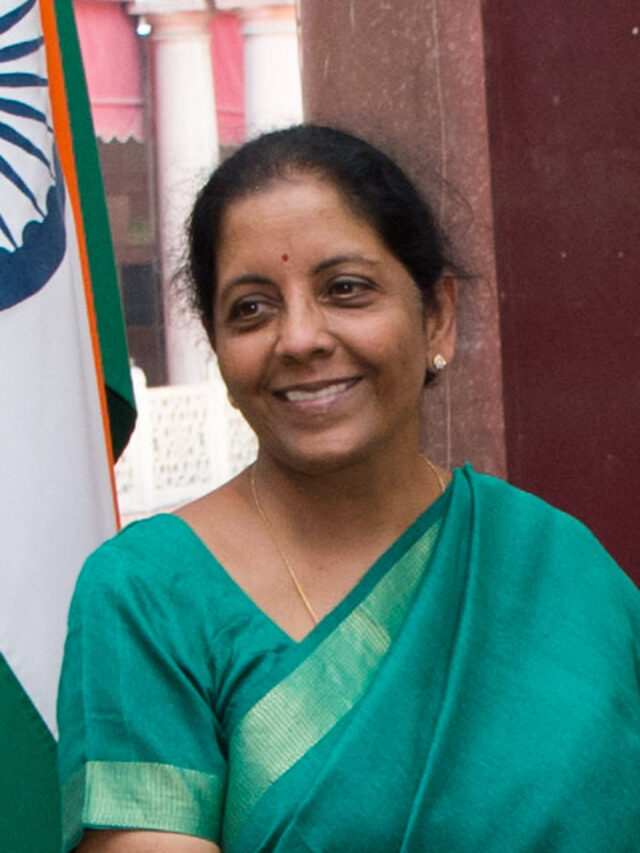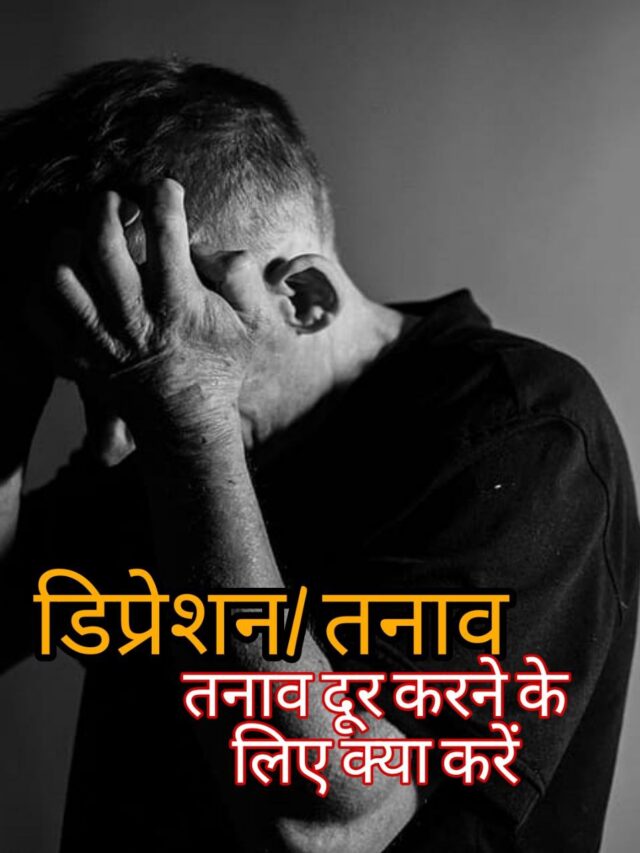In India, the history of trains and railways dates back to the 19th century. Here are key milestones in the development of train services in India:
| Year | Event |
|---|---|
| 1853 | First Train in India: The first passenger train in India ran between Mumbai (then Bombay) and Thane on April 16, 1853. This marked the beginning of the Indian Railways, and the train was hauled by three locomotives – Sahib, Sindh, and Sultan. |
| 1854 | Eastern Railway: The first railway line in eastern India was opened, connecting Howrah to Hooghly. |
| 1856 | First Train in South India: The first train in South India ran from Royapuram to Wallajah Road (now Arakkonam) in present-day Tamil Nadu. |
| 1862 | Railway Budget: The first Railway Budget was presented in British India, separate from the general budget, to focus on railway development. |
| 1889 | Railway Board: The Railway Board was established to manage and regulate railway services in India. |
| 1903 | First Electric Train: The first electric train ran between Bombay Victoria Terminus (now Chhatrapati Shivaji Maharaj Terminus) and Kurla. This marked the beginning of electric traction in India. |
| 1925 | First Air-Conditioned Train: The first air-conditioned train, the Frontier Mail, was introduced between Bombay (now Mumbai) and Peshawar. |
| 1951 | Zonal Classification: Indian Railways was reorganized into zones for better management and operational efficiency. |
| 1984 | Konkan Railway: The Konkan Railway, connecting Maharashtra, Goa, and Karnataka, was inaugurated. |
| 2000 | Kolkata Metro: The Kolkata Metro was the first metro railway system in India, inaugurated in 1984. |
| 2002 | Delhi Metro: The Delhi Metro, the first modern metro rail system in India, started operations. |
| 2018 | Bullet Train Project: The foundation stone for the Mumbai-Ahmedabad High-Speed Rail Project (Bullet Train) was laid. |










